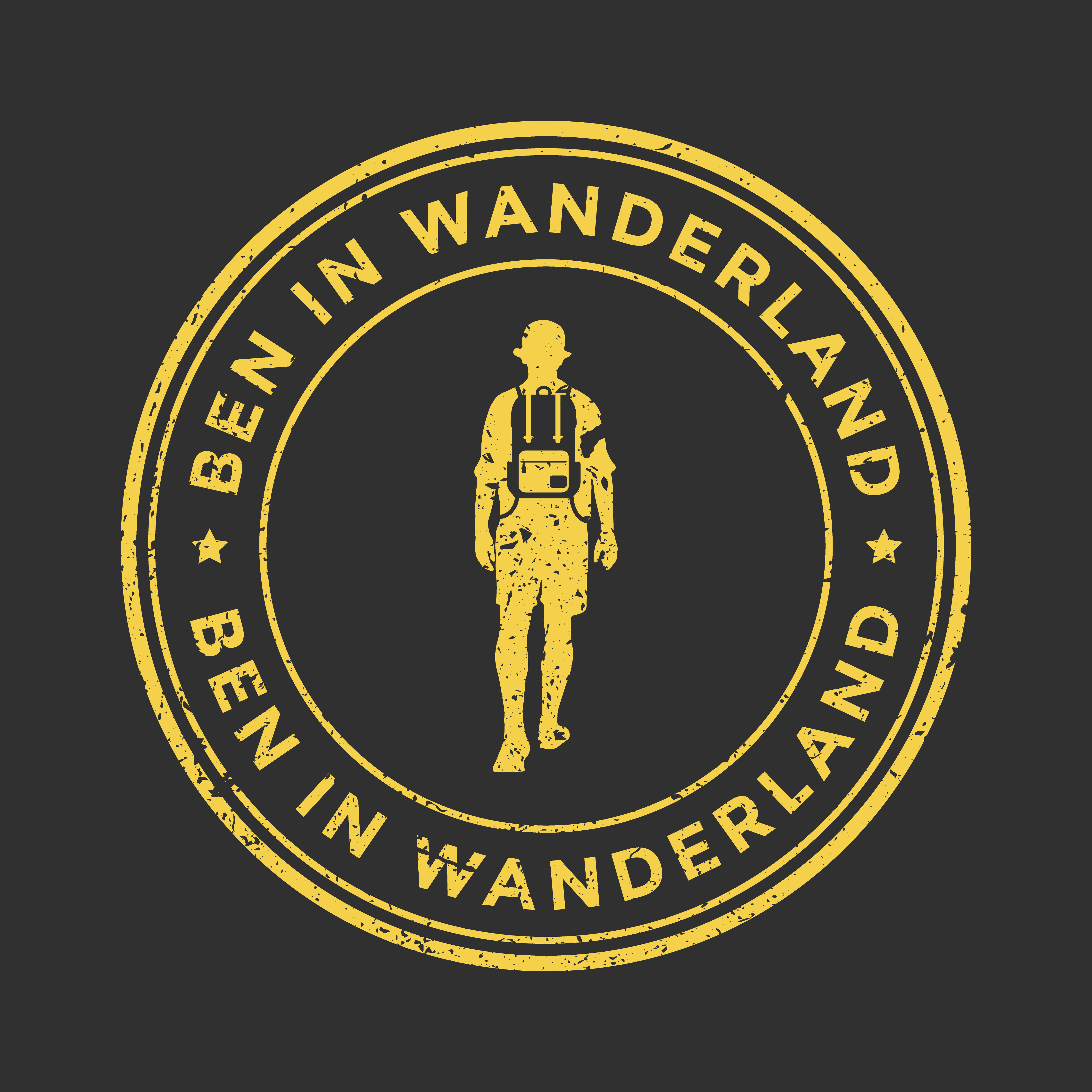Things to Know Before Travelling to Zimbabwe
Facts
Capital: Harare
Population: 15,458,074 (2023)
Language: There are 16 official languages under the Constitution (including English which is used in government and education). One of the most widely spoken indigenous languages is Shona.
Currency: Zimbabwe Dollar (ZWL) (as well as Bond notes and USD)
Visas
Depending on your nationality and the purpose of your visit, you may need a visa to enter Zimbabwe. Here is some general information:
Visa-free travel: Citizens of some countries, mostly in Africa and Asia, can enter Zimbabwe without a visa. This includes countries such as Botswana, Malawi, South Africa, Zambia (among others).
Visa on arrival/E-visa: Citizens of some countries (such as those in Europe), can obtain a visa on arrival at the port of entry for a fee or apply for one online. Australia is included in this list.
Visa application prior to travel: Citizens of some countries in North and South America must apply for a visa prior to travelling to Zimbabwe.
Things can change, sometimes without notice, so check with the Zimbabwean embassy or consulate in your country before you travel.
Best time to visit
There are two seasons in Zimbabwe: dry season and wet season. Here are a few highlights of each:
Dry Season (May to October):
Best time for wildlife viewing. June through August is the best time to see Victoria Falls in all its glory.
Wet Season (November to April):
Best time for bird watching, and lush, green landscapes; also peak flooding risk.
Top Things to Do in Zimbabwe
Prices in Zimbabwe
Accommodation
US$20-$50 per night (budget hotel or guesthouse)
$60-150 per night (mid-range hotel)
Food & Drink
US$5-$10 (basic meal at food outlet)
US$1-$3 (beer or similar drink)
Transportation
US$1 (bus ride in the city)
US$5-$15 (taxi ride)
Activities
US$150-$300 per person (full-day safari)
US$30 per person (entrance to Victoria Falls National Park)
Things to Note about Zimbabwe
Here are some potential difficulties:
- Power outages: These can affect businesses and services. Carry a power bank or extra batteries for your electronic devices.
- Political situation: Zimbabwe has experienced political instability in the past. There may be protests or demonstrations that can disrupt travel plans. Avoid large crowds and gatherings.
- Health concerns: There's a high prevalence of HIV/AIDS and malaria. Take appropriate precautions and seek medical advice before your trip. Drink bottled water to prevent foodborne illness.
- Currency: The Bond (Zimbabwe’s official currency in circulation that’s pegged to the US Dollar) experiences fluctuations. Paper notes can be difficult to acquire. Having Bond is helpful as you cannot get Ecocash as a non-resident (the online currency system the country has introduced).
- Many places do not accept international cards (regardless of whether you have Visa or MasterCard), foreign cards do not work at ATMs and some things, like bus tickets, could only be purchased using Bond or Ecocash.
- Even though the US Dollar is in circulation, it’s technically not legal tender so places such as pharmacies will not accept it.
- The money situation gave me a headache prior to arrival and during my first two days in country. However, it got easier as time passed.
- Use Visa card at supermarkets and restaurants (where it's accepted); use Bond for bus fares and small goods on the street; prepay accommodation where possible; and pay for everything else (wherever legal) using USD.
